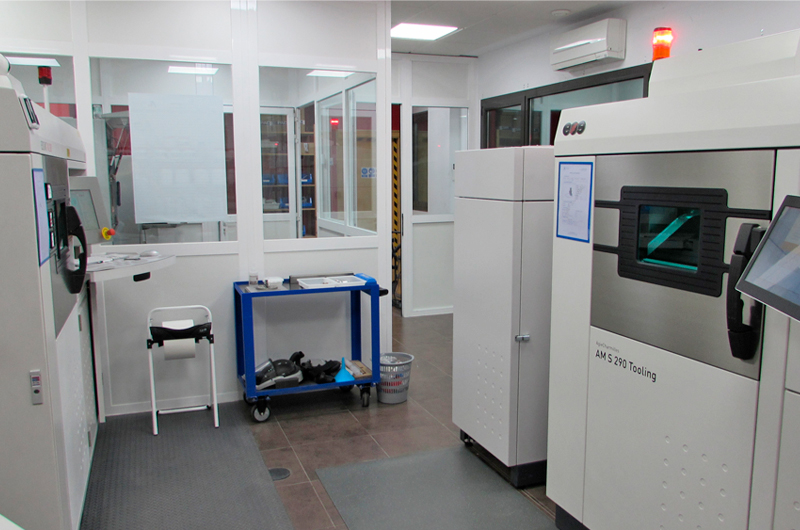
Precision engg
Precision engg Precision Engg is an engineering technology that uses precise measurements to create designs and products to exact specifications. It is used in a variety of industries to produce accurate results, from automotive engineering to medical device manufacturing.
Precision engg. Precision engineering is a field of engineering that focuses on the production of highly accurate components and systems. It involves the use of specialized machinery, processes, and materials to create parts with extremely tight tolerances. This engineering field is used in a variety of industries, including aerospace, automotive, medical, and manufacturing. It is essential for the development of high-performance products that must meet strict standards of accuracy and reliability. Precision engineering requires a wide range of skills, such as knowledge of machining processes, materials science, mathematics, and computer programming. It also involves careful attention to detail in order to ensure that the components are produced to exact specifications. In order to achieve the highest level of accuracy, precision engineers must be familiar with the latest technologies and be able to use them effectively. Precision engineering is an important field that enables the development of products with superior performance and reliability.
Precision engineering is a specialized field that involves the design, development, and manufacturing of high-precision components and systems. This discipline focuses on producing intricate parts with extremely tight tolerances, often at the micro or nanoscale. Precision engineering plays a crucial role in various industries, including aerospace, medical, automotive, electronics, and telecommunications.
Key aspects of precision engineering include:
- High Accuracy and Tolerance: Precision engineering demands a high level of accuracy, with components often requiring tight tolerances to ensure optimal functionality.
- Advanced Materials: The use of advanced materials is common in precision engineering to meet specific performance requirements, such as lightweight alloys in aerospace applications or biocompatible materials in medical devices.
- Advanced Machining Techniques: Precision engineers utilize cutting-edge machining techniques, including CNC (Computer Numerical Control) machining, EDM (Electrical Discharge Machining), and laser machining, to achieve the required precision.
- Metrology and Measurement: Precise measurement and metrology tools are essential to verify the accuracy of components during the manufacturing process. This includes the use of coordinate measuring machines (CMMs) and optical measurement systems.
- Quality Control: Rigorous quality control processes are implemented to ensure that each component meets the specified requirements. This involves thorough inspection and testing.
- Microfabrication and Nanofabrication: In certain applications, precision engineering extends to microfabrication and nanofabrication, dealing with features at the micro and nanoscale, respectively.
- Innovation and Research: Precision engineering continually evolves through innovation and research to develop new techniques, materials, and technologies that push the boundaries of what is achievable in terms of precision and miniaturization.
- Applications in Various Industries: Precision-engineered components find applications in a wide range of industries, including the development of microelectronics, medical implants, high-performance automotive parts, and intricate aerospace components.
- Customization: Precision engineering often involves the customization of components to meet specific requirements, taking into account factors such as environmental conditions, load-bearing capacity, and functionality.
Precision engineering is essential for producing components that meet the increasingly demanding specifications of modern technology and industry. The precision engineering field continues to advance, driven by the need for ever-smaller, more accurate, and high-performance components across diverse applications.




